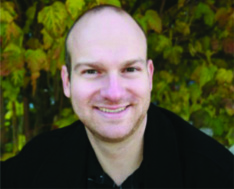Prohibition and American Life: A Social History of Alcohol
Overview
The prohibition of alcohol in 1920 was supposed to have solved, once and for all, some of America’s most pressing social issues, everything from alcoholism to childhood malnutrition to domestic violence. Instead, it sparked one of the most vibrant (and rebellious) periods in modern American history. Far from solving problems, Prohibition created new ones and radically changed American society, culture, and morality along the way.
What role had alcohol played in American life before 1920? How had it become such a problem that the U.S. Congress banned all “intoxicating beverages”? Why did the ban fail so spectacularly?
Attempts to circumvent (or profit from) Prohibition gave crime new meaning. Its unpopularity pushed a variety of Americans—from teenage girls to judges to the president himself—to defy the law. It provoked a twelve-year gangwar that made Al Capone into a household name. It liberated women and sparked a sexual revolution. Jazz turned from an underground expression of the African American experience into the soundtrack of a new generation.
In this presentation we’ll take a wild ride through American history to see how alcohol shaped American society.


